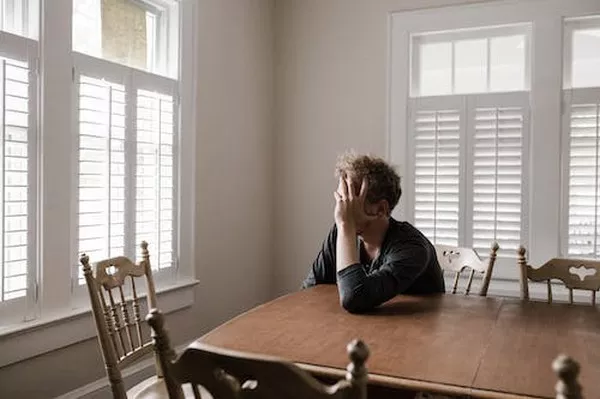Australia is set to welcome over 17,000 refugees this year, a substantial number of whom will comprise young individuals. While these young refugees bring a plethora of strengths and make noteworthy contributions, they are also disproportionately prone to grappling with mental health challenges including anxiety, depression, and Post Traumatic Stress Disorder (PTSD), when juxtaposed with their Australian-born peers and other migrant youth.
While the exact reasons behind this discrepancy remain unclear due to limited research, a groundbreaking initiative seeks to unravel this enigma and bolster support for young refugees’ mental well-being. A novel research undertaking, titled ‘Understanding social determinants of mental health for young people from refugee backgrounds to improve mental health,’ spearheaded by Flinders University’s Associate Professor Anna Ziersch, has secured an $800,000 grant from the Medical Research Future Fund’s Million Minds Mental Health Research Mission. This initiative aims to develop a comprehensive framework designed to enhance the mental health of young refugees.
The venture is a collaborative endeavor encompassing 12 pivotal refugee, mental health, and community organizations. It will collaborate closely with community and religious leaders to craft recommendations that resonate with the lives of young refugees within their communal context.
Associate Professor Ziersch, from Flinders University’s College of Medicine and Public Health, asserts that while the integration of refugees into their new environment is expected to be swift, it often places a substantial strain on their mental well-being. The multifaceted challenges presented by their complex social, economic, and physical surroundings substantially heighten their susceptibility to mental health issues.
The age bracket of 12 to 25 represents a critical developmental phase, during which foundational emotional and cognitive competencies for independence and future well-being are forged. For young refugees, navigating this period introduces additional hurdles. Challenges spanning family separation, culture shock, altered family roles, interrupted education, and discrimination can hinder their educational journey, impede social integration, and compromise mental well-being.
A family and community-centric methodology, coupled with existing data, interviews, and consultations with young refugees, their families, community leaders, and mental health professionals, will guide this research endeavor. By uncovering the social determinants that influence the mental well-being of young refugees, the framework aims to foster the formulation of more effective strategies for prevention, early intervention, and management of mental health challenges. Ultimately, the initiative aspires to empower young refugees to lead healthier, more productive lives, thus yielding cost savings across health, welfare, and service systems.
The insights gleaned from this work are expected to guide policies and programs focused on bolstering the mental well-being of young refugees. Moreover, the adaptable framework could potentially find utility in supporting other groups confronting socio-economic disadvantages or marginalization.



























